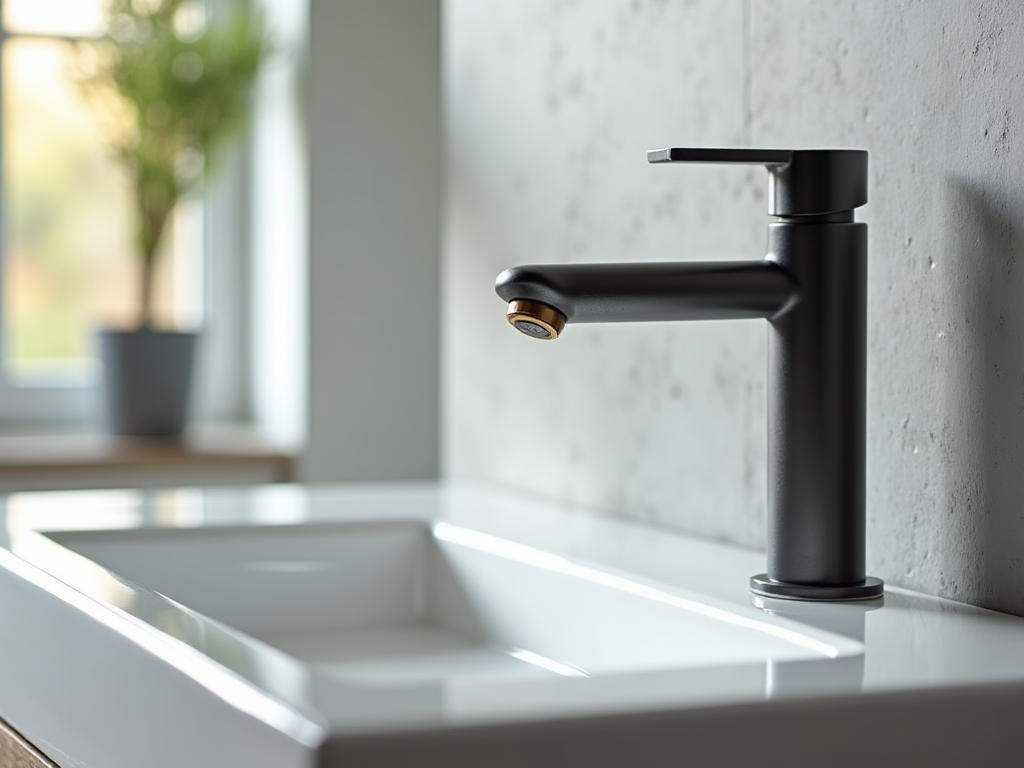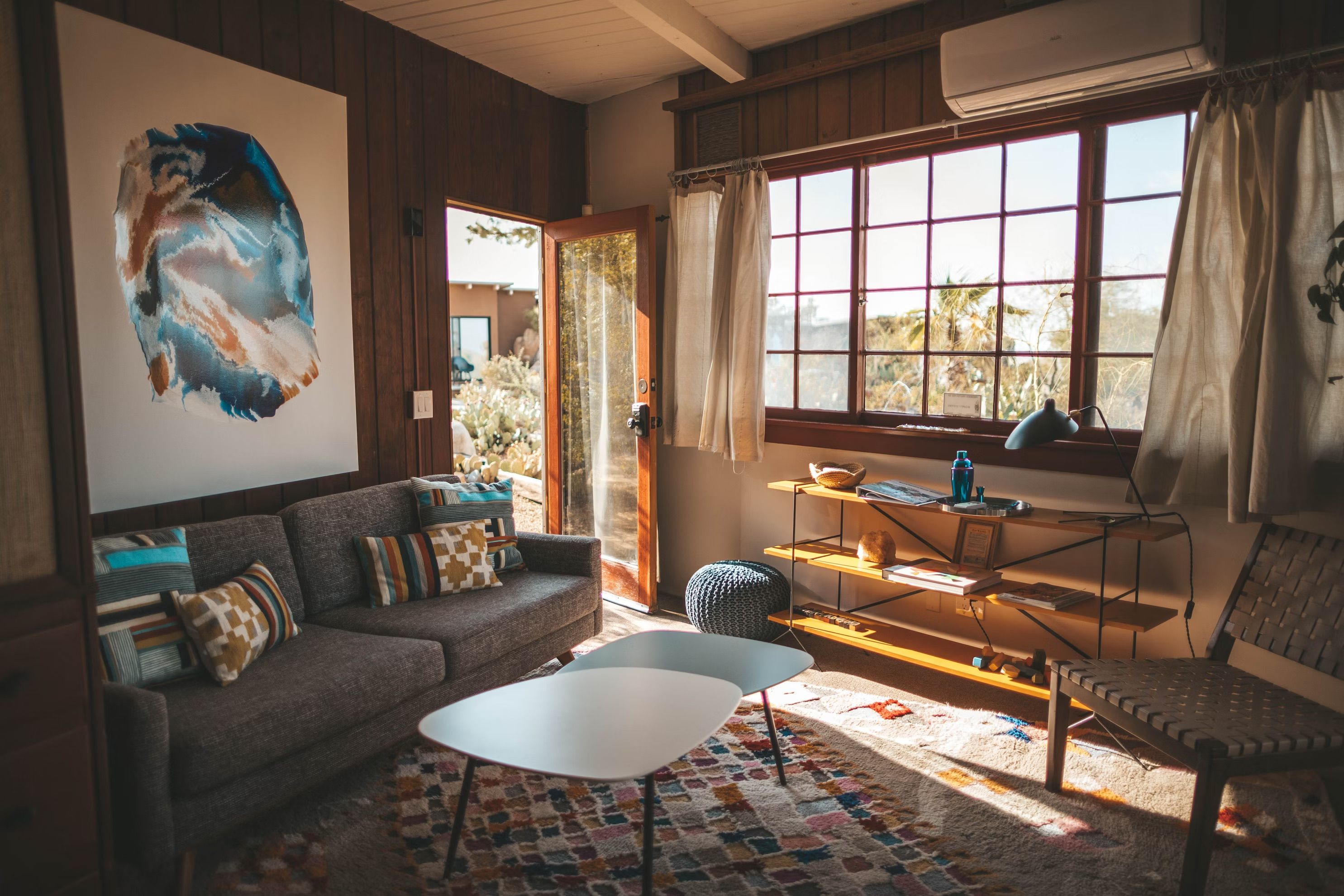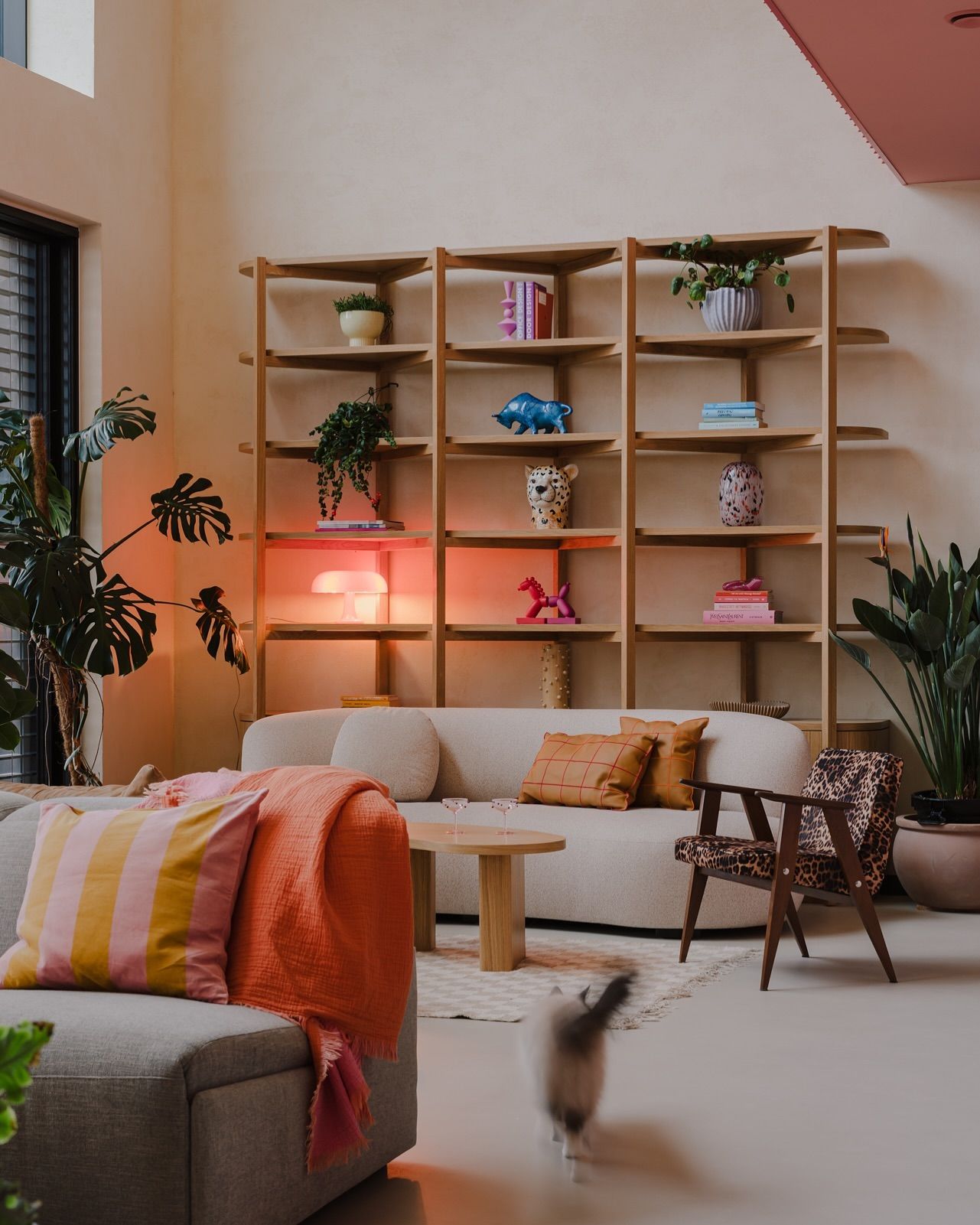Quick facts
Can't find the answer you're looking for? Please get in touch with our friendly team.
What is the difference between a spigot and a faucet?
A spigot is typically an outdoor fixture used for water access, like in gardens or on hoses. A faucet, on the other hand, is usually found indoors, such as in kitchens or bathrooms, and is designed for controlling water flow from a sink.
Is a faucet a tap?
Yes, a faucet is often referred to as a tap, especially in British English. Both terms describe a device that controls the flow of water from a plumbing system, typically found in kitchens and bathrooms for sinks, basins, or bathtubs.
What is another name for a flushometer?
A flushometer is also known as a flush valve. It is a device used in toilets to control the flow of water for flushing. Flush valves are commonly found in commercial restroom settings and are designed for high efficiency and rapid flushing.
What is the difference between a flush valve and a flushometer valve?
A flush valve is a component in a toilet tank that releases water for flushing. A flushometer valve, on the other hand, is a direct flush system often used in commercial toilets, providing a more powerful flush without a tank. Both serve different flushing mechanisms.
What type of hot water heater is best?
The best type of hot water heater depends on your needs. Tankless heaters save space and energy, while traditional tank heaters provide a steady supply of hot water. Consider factors like energy efficiency, installation space, and hot water demand when choosing.
What is the meaning of faucet?
A faucet is a device used to control the flow of water from a plumbing system. Commonly found in kitchens and bathrooms, faucets come in various styles and finishes, enhancing both functionality and the overall aesthetic of home decor.
Category Overview
Introduction
Faucets are essential fixtures in any home, serving as the primary gateway to water usage in kitchens, bathrooms, and beyond. Their significance extends well beyond basic utility; they enhance everyday life by providing comfort and facilitating daily tasks such as cooking, cleaning, and personal hygiene. A well-designed faucet not only supports practical needs but also elevates the aesthetic of your space, seamlessly blending functionality with decor enhancement.
Functionality
The primary function of faucets is to control the flow of water, allowing for easy access in various settings. In the kitchen, a faucet is essential for food preparation and cleanup; in bathrooms, it serves both hygiene and grooming needs; while outdoor faucets may provide irrigation or serve recreational purposes like washing off gardening tools. Many modern faucets come equipped with unique features such as pull-down sprayers for flexibility, touchless activation for convenience, or water filtration systems that ensure clean drinking water right from your tap.
Design & Style
When it comes to design and materials, faucets offer a vast range of options including stainless steel, chrome, matte black finishes, or even colorful ceramic styles that can suit any home aesthetic—from sleek minimalist designs to rustic farmhouse looks. You might find traditional two-handle models alongside contemporary single-lever faucets or even vintage-inspired pieces that bring character to a space. Customization options abound too; you can match your faucet with your kitchen's decor theme—whether you prefer a modern vibe with sharp lines or a more classic feel with intricate detailing. Think about how the best bathroom faucet can complement your overall design scheme while offering practicality.
Practical Considerations
Selecting the right faucet involves careful consideration of several factors. Begin by assessing your space: how much room do you have? For smaller areas like powder rooms, compact models work best without sacrificing style. Durability matters too; if you frequently host gatherings or have kids at home, consider robust materials that withstand heavy use—like solid brass over plastic alternatives. Also be mindful of avoiding common pitfalls such as overlooking spout height which could affect usability based on existing sink configurations.
Comparison and Alternatives
Faucet materials each have their pros and cons—stainless steel offers resilience against tarnishing while chrome provides a shiny finish that's easy to clean but shows smudges quickly. The choice between round vs. rectangular handles can also impact ease of use based on personal preference when adjusting temperature or flow rate. To make an informed decision on style and material, consider the size of your space: larger kitchens might benefit from dramatic designs while compact bathrooms should opt for streamlined options that create an illusion of openness.
Trends and Popular Items
Currently trending are matte black finishes that add sophistication alongside tactile features like brushed nickel which provide both style and durability—making them customer favorites for new renovations alike! Antique-style faucets have seen a resurgence too as homeowners embrace nostalgia within modern aesthetics—a testament to versatility in today’s market where classic meets contemporary design trends seamlessly. In summary, choosing the perfect faucet not only meets functional requirements but enhances the beauty and enjoyment of your home environment—a small detail that makes a big difference in daily life!


